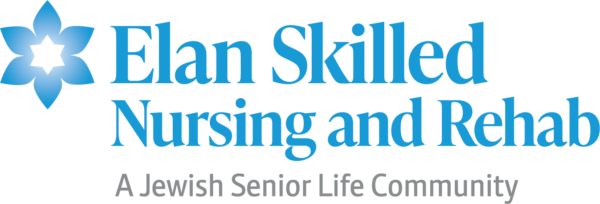Heart Healthy Living for Seniors

February is National Heart Month, and keeping your heart healthy is important at any age, but it becomes increasingly important as we get older. Our heart is a powerful muscle that pumps blood throughout our body, supplying oxygen and nutrients to our organs and tissues. When our heart is healthy, it can efficiently perform its job and keep our body running smoothly. It’s never too late to start taking care of your heart, why not start today?
Stay active: Maintaining an active lifestyle is crucial for our overall health and well-being, and regular exercise is crucial to maintaining a healthy heart. Try to aim for at least 30 minutes of moderate exercise, such as brisk walking, every day. The key to sticking with any exercise routine is to find an activity that you enjoy, whether it’s taking a dance class, going for a run, or playing pickleball. Even if you have mobility issues, there are still exercises you can do, such as chair yoga or resistance band workouts.
Maintain a healthy weight: Maintaining a healthy weight is an important aspect of living a healthy life and keeping your heart healthy. Being overweight or underweight can lead to a range of health problems, including diabetes, heart disease, and high blood pressure. Carrying excess weight can put unnecessary stress on the heart. Check in with your doctor regularly about how you can keep and maintain a healthy weight.
Manage stress: Stress can have a negative impact on your heart and your overall health and well-being. Some people find that different activities help them manage stress, such as meditation or engaging in hobbies. Deep breathing exercises can help calm your mind and reduce feelings of anxiety, and sometimes talking to a friend, family member, or mental health professional can provide valuable support and perspective.
Eat well: A heart-healthy diet can help lower your risk of developing heart disease. This type of diet is typically low in saturated and trans fats and cholesterol while being rich in fruits, vegetables, whole grains, lean proteins, and healthy fats. It’s also a good idea to reduce your intake of processed and fried foods. Many of these foods are extremely high in sodium, which can raise your blood pressure and increase your risk of heart disease.
Quit smoking: Quitting smoking is one of the most challenging things to do, but it is also one of the most rewarding. Smoking cessation can help improve your health and reduce the risk of various diseases. Remember, quitting smoking is a process, and it may take several attempts before you succeed. Be patient and kind to yourself, and celebrate each milestone along the way.
Remember, taking care of our heart health is essential for living a healthy and fulfilling life. It’s never too late to start incorporating these heart-healthy tips into your daily routine, so you can maintain good heart health as you age.
 Dr. Ken Sebastianelli has served as Medical Director for Elan Skilled Nursing and Rehab, a Jewish Senior Life Community, since 2012. Dr. Sebastianelli is a board-certified Internal Medicine practitioner with Prime Med Medical Group, and is affiliated with Geisinger Community Medical Center and Moses Taylor Hospital. He is also a member of the Medical Executive Committee at Geisinger Community Medical Center.
Dr. Ken Sebastianelli has served as Medical Director for Elan Skilled Nursing and Rehab, a Jewish Senior Life Community, since 2012. Dr. Sebastianelli is a board-certified Internal Medicine practitioner with Prime Med Medical Group, and is affiliated with Geisinger Community Medical Center and Moses Taylor Hospital. He is also a member of the Medical Executive Committee at Geisinger Community Medical Center.





